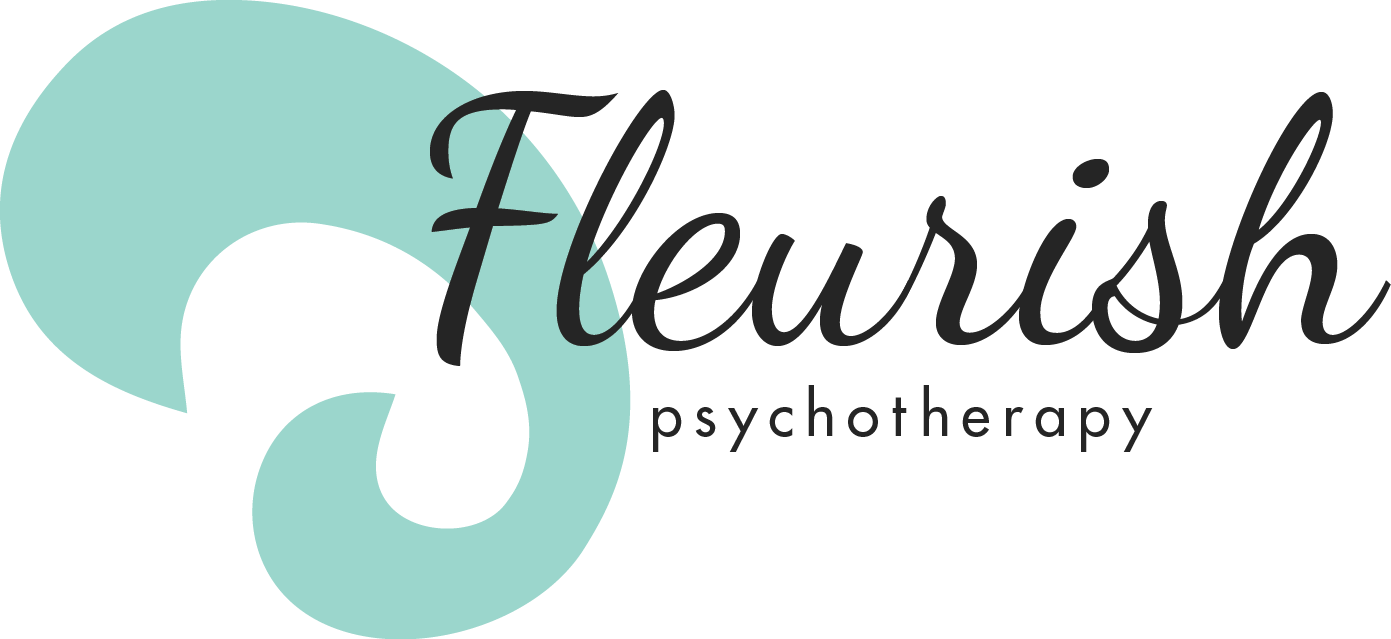It’s Not September Anymore…
…A quick note on suicide awareness
The National Alliance on Mental Illness (NAMI) designates September as Suicide Prevention Awareness Month. You may be thinking at this point, “That’s great Erin, but it’s not September anymore,” and you’d be right. I wanted to get on the bandwagon last month, but schedules don’t always go as planned, so here is my September blog post delivered to you in October.
Suicide isn’t something that is talked about often and when it is, it’s often in hushed tones or quiet conversations, or because there has been a national headline about a high-profile suicide. The stigma and shame associated with suicide and self-harm often gets in the way of people seeking help. And many people need help. Suicide is often the result of untreated mental illness. In the U.S. alone, 41,000 people die by suicide each year (NAMI)
To generate more suicide awareness and help start a more open conversation, the National Alliance on Mental Illness (NAMI) has designated September as Suicide Prevention Awareness Month. Organizations across the country come together each year to educate communities about suicide, offer help to people experiencing thoughts of suicide, and offer support to families and friends who have lost someone to suicide.
IF YOU ARE SUICIDAL:
If you are experiencing thoughts of suicide, there are resources you can reach out to right now for support. And it’s important that you do so. Reaching out for help does not mean that you are weak or crazy; it means you don’t have to go through this alone.
Resources for Immediate Support:
If you or someone you know is having thoughts about harming themselves, these resources can provide immediate help and support:
National Suicide Hotline – 1- 800-273-TALK (8255)
NAMI Crisis Text Line - text 741-741 to be connected to a free, trained crisis counselor
Local Resources – call 911 or go to your nearest Emergency Room if you are concerned about your immediate safety.
IF YOU KNOW SOMEONE WHO IS SUICIDAL:
There is also support for people whose loved ones are experiencing suicidal thoughts. The National Suicide Prevention Lifeline created a campaign called #BeThe1To that breaks down how you can support someone who is suicidal. Additionally, these NAMI resources provide helpful guidance and things to know when supporting someone who is having thoughts of suicide.
RESOURCES FOR LONG-TERM SUPPORT:
Treatments like group and individual therapy are key for treating chronic suicidal thoughts. If you are in Georgia, you can schedule a consultation with our intake coordinator at Fleurish Psychotherapy to see if we may be a good fit for you.
Here are some other resources to help you find therapists in your area:
Psychology Today (Individual Therapy)
Psychology Today (Support Groups)
Open Path Collective (a low-cost therapy resource)
Open Counseling (free and affordable counseling)
I am hopeful that as we continue to speak openly about suicide, more resources will become available to the people who need them the most.

